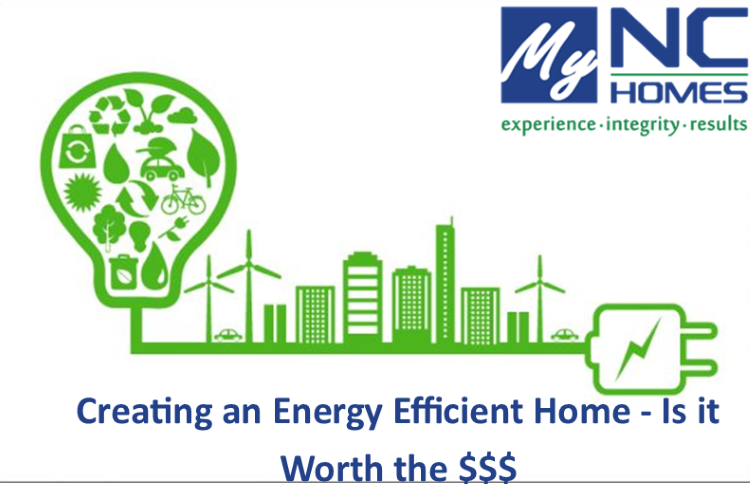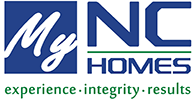
Understanding the Difference between Green and Energy Efficient Building
EnergyStar, ECOSelect, LiveGreen, EnergyPlus, GreenBuilding, Leeds, HERS score, these are just some of the many designations and terms homebuyers may see or hear when looking for a new home. It's easy to understand why many homeowners and homebuyers either lump them all together assuming they are one and the same or ignore them entirely. The truth is while there can be some overlap between "Green" home features and "Energy Efficient or Saving" features they are not one and the same.
Green Home Building
In order to build green, contractors focus on four main areas, starting with materials. True "green" construction starts with materials that are natural, renewable, recycled or harvested sustainably or obtained locally to minimize transportation costs. The second focus of "Green built" homes is on energy systems. There's a focus on designing homes to take advantage of passive solar energy both for heating and cooling purposes in addition to bring in natural sunlight. Next is focus on water management; this includes low flow plumbing fixtures, rainwater harvesting and storage, gray water recycling and even things like composting toilets. Lastly there is a focus on health and the use of non toxic materials throughout the home and construction process. The focus is on improving indoor air quality and avoiding exposure to chemical pollutants. Paints used are low or no VOC and may be treated to minimize mold, spore or microbial growths. Fresh air is incorporated into ventilation/HVAC systems.
While all of these techniques are designed to benefit the homeowner and the planet at large not all "green" features save energy or the homeowner money.
Energy Efficient Home Building
Energy efficient building focuses on saving the homeowner money every single day by cutting down on the amount of energy and water needed on a daily basis. The original residential designation for this type of construction was EnergyStar® and personally speaking this is the designation I like the most when it comes to insuring that the home will provide energy savings. The EnergyStar® program was developed and is overseen by the EPA. Unlike most builder energy rating programs the EnergyStar® program requires independent third party inspections throughout the building process. Once a home is completed, the inspector does a final in-depth inspection and issues a "HERS" score. The HERS score tells you how well the home performs in terms of energy efficiency. The US Department of Energy has calculated that the average resale home has a HERS score of 130, while the average home built today has a score of 100. In order for a home to be EnergyStar® rated it must receive a score of at least 85 meaning it's at least 15% more energy efficient that a similar new built home. The lower the number the more energy efficient the home. My own home for example received a HERS score of 29 meaning it saves me nearly 75% on our monthly utility bills. I've lived in this home for 6 years now and the investment I made up front will be paid off early next year. At that point the savings become money in my pocket. Often homes with an EnergyStar® rating qualify for a discount on the mortgage rate as well as discounts from local utility providers. Check with your lender and local utility companies for more information
EcoSelect is a local {Research Triangle} area designation. This program was designed by Southern Energy Management. You can check the linked website for more details on this program.
LEEDS is a program primarily used here in the US for commercial building projects. It is overseen by the US Green Building Council. LEEDS stands for Leadership in Energy and Environmental Design and is used worldwide.
There are numerous other designations both local, statewide and national all focused on increased energy efficiency and/or green building or environmental principals. Some truly meaningful, others fall more in the realm of marketing tools. Locally the three I've highlighted above are the ones I consider most meaningful.
I encourage all current and would be homeowners to educate themselves and to consider both the monetary and health benefits offered highly efficient homes specifically designed to maximize energy efficiency while promoting both personal and planetary good health.
If you are interested in buying an energy efficient home, the brokers at My NC Homes are well versed and experienced and would be happy to assist you. If you have an energy efficient home and are looking to sell and want to be represented by someone who understands, appreciates and most specifically knows how to present the added value of your home, please contact us. I promise you won't be sorry.
Posted by Larry Tollen on

Leave A Comment